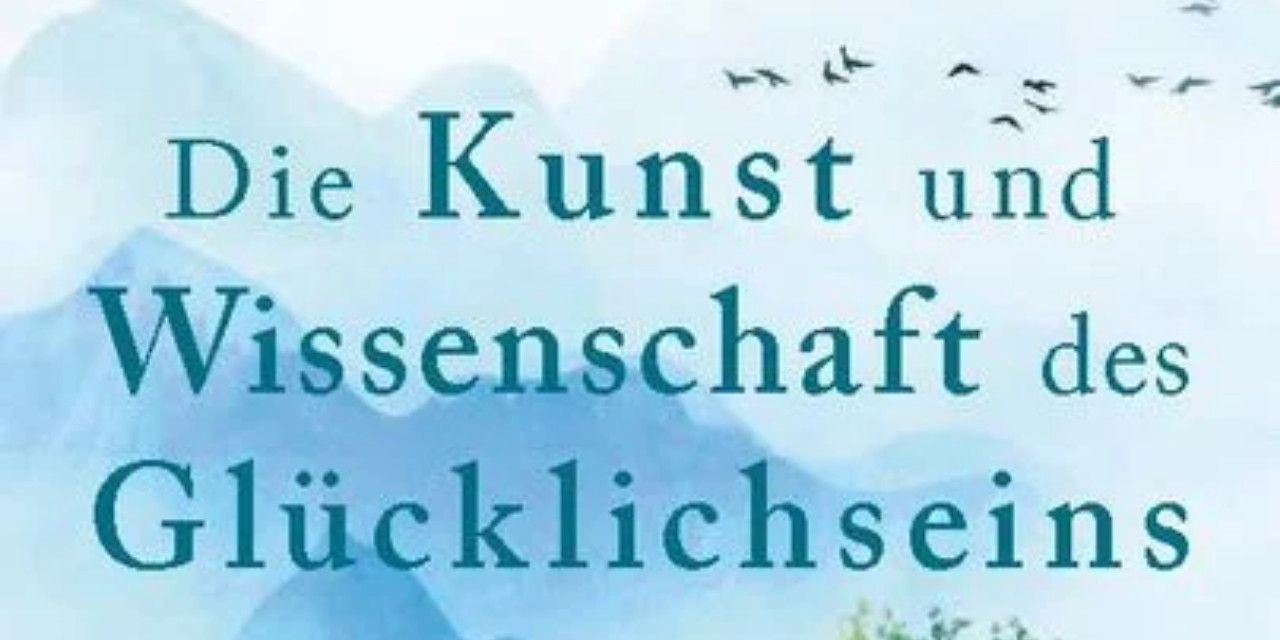Us-Talkshow-Host Oprah Winfrey hat gemeinsam mit Arthur C. Brooks ein Selbsthifebuch namens „Build The Life You Want: The Art and Science of Getting Happier“ (deutsch: „Die Kunst und Wissenschaft des Glücklichseins“) geschrieben, das im New Yorker besprochen wurde:
„(…) proudly inducts us into the thrill of the Positive and Negative Affect Schedule, or PANAS, which gauges “your natural happy-unhappy mix.” This gives us a list of twenty emotions, such as “6. Guilty 7. Scared 8. Hostile 9. Enthusiastic.” (A perfect guide, as it happens, to the average day of a movie critic.)
You’ve got to love the PANAS test. It means almost nothing, yet it gives you the bracing impression that you’re down on the factory floor, tinkering away on the unique machine that is you. It is, to use Oprah’s splendidly honest term, “science-y,” right down to the vague, if benign, laboratory conditions that Brooks dictates. “To take the test, find a time when you feel relatively neutral about life—say, right after lunch,” he writes. But what sort of lunch? If it’s three o’clock in the afternoon and you’re lingering over coffee and gazing out across the Bay of Naples, you will give thanks for the wonders of creation. Conversely, if you just blew seven dollars and twenty-nine cents on a Subway footlong, you will hold your fellow-humans in contempt and assume, naturally, that the world is an overcooked meatball hung in a meaningless void.
Undaunted, Brooks forges onward, and makes further encouraging claims about his methods. Eager to prove that even negative feelings, if shrewdly handled, can have a positive outcome, he ventures into the realms of the book-y. He even gets arts-y on our ass. Quoting a line from Keats’s letters—“Do you not see how necessary a World of Pains and troubles is to school an Intelligence and make it a soul?”—Brooks adds, “Scientists have found that Keats was right.” If only all literary criticism could be as brisk as that. Moreover, according to a study cited by Brooks, “The research found that among great composers like Beethoven, a 37 percent increase in sadness led to, on average, one extra major composition.” That sentence makes me twenty-four per cent less sad, and eighty-one per cent more inclined to giggle, than anything I have read this year.“
(Anthony Lane im New Yorker)




